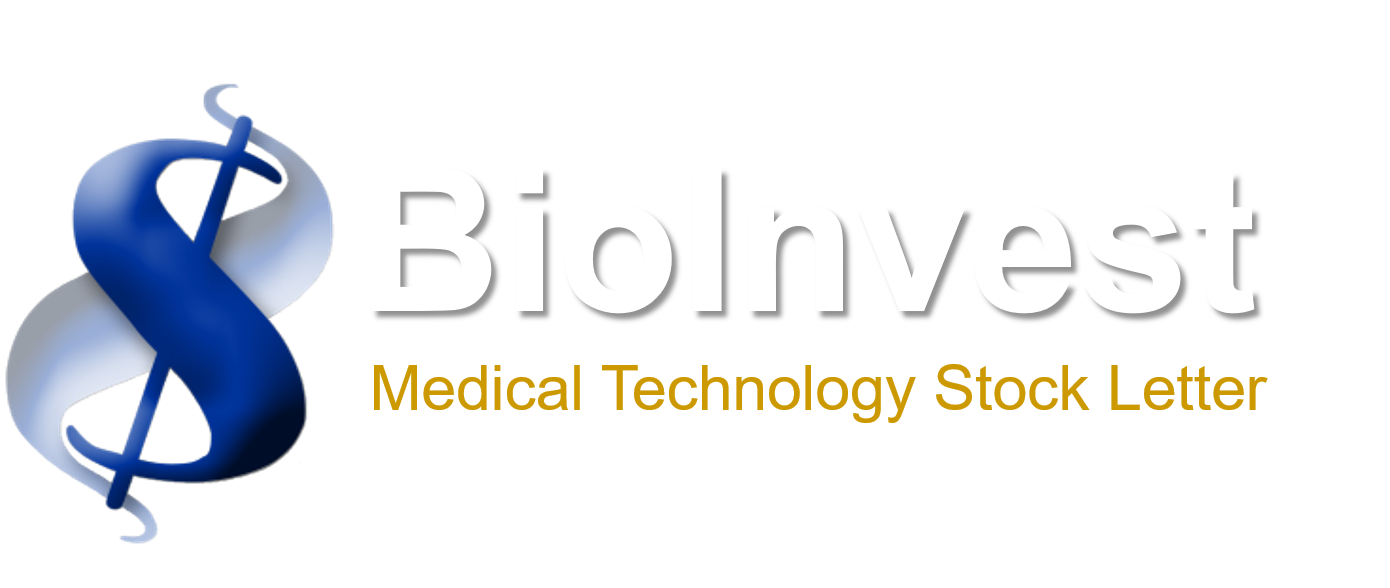September 19, 2013
Isis jumps on drug trial data
by Bradley J. Fikes for The Union Tribune San Diego
Isis Pharmaceuticals shares jumped 14 percent Thursday after the biotech company released positive preliminary Phase 1 results for its spinal muscular atrophy drug.
Shares of Carlsbad-based Isis closed at $36.27, up $4.47 from Wednesday. The company’s market value now exceeds $4 billion. Isis shares opened the year Jan. 2 at $10.82.
The rise was in part a recognition of the value of Isis’ technology, said John McCamant, editor of the Medical Technology Stock Letter. In addition, short investors who bet wrong on the stock’s direction were covering their losses, he said.
As of Aug. 30, about 11 percent of Isis shares had been sold short, meaning investors had borrowed the stock, then sold it in hopes of buying it back later at a lower price.
The Phase 1 study treated 24 children aged 9 to 14 months with spinal muscular atrophy, the leading genetic cause of infant death in the United States. The disease causes loss of neurons controlling muscle movement.
The children were given one of four doses. Of those given the two highest doses, Isis said a majority improved in muscle function tests up to 14 months after a single injection of the drug.
The drug, ISIS-SMNRx, uses Isis’ gene-blocking antisense technology to counteract a mutation that leads to loss of spinal motor neurons. The mutation causes a loss of a protein that protects the neurons. ISIS-SMNRx causes production of that protein.
In March, an initial report on the trial showed that the drug was well tolerated and showed some sign of effectiveness. Thursday’s report was a follow-up.
Isis said that based on the results, it plans to increase the dosage in its Phase 2 study.
McCamant, a longtime Isis watcher, said the drug’s results were impressive, and could lead to an early filing for regulatory approval. There is no treatment for spinal muscular atrophy, which makes the Isis drug compelling, and further validates antisense, McCamant said.
Isis was built on antisense technology, and its drugs act through the same mechanism. The company says this shared technology allows it to more rapidly develop new drugs, since experience gained developing one drug can be used on others.
Isis has partnered with several major drug companies, most recently on Sept. 9 with Biogen Idec in a deal that brought Isis an upfront payment $100 million.
In January, Isis partner Sanofi SA received approval to sell Kynamro, a cholesterol-lowering drug, for those with a genetic form of severely high cholesterol. This summer, Isis has reported positive Phase 2 data for another drug, ISIS-APOCIIIRx, that lowers levels of triglycerides and “bad†cholesterol, while raising “good†cholesterol.
“You look at the slew of partnerships, the slew of positive data — it’s really been a year of execution for the company,†McCamant said.

